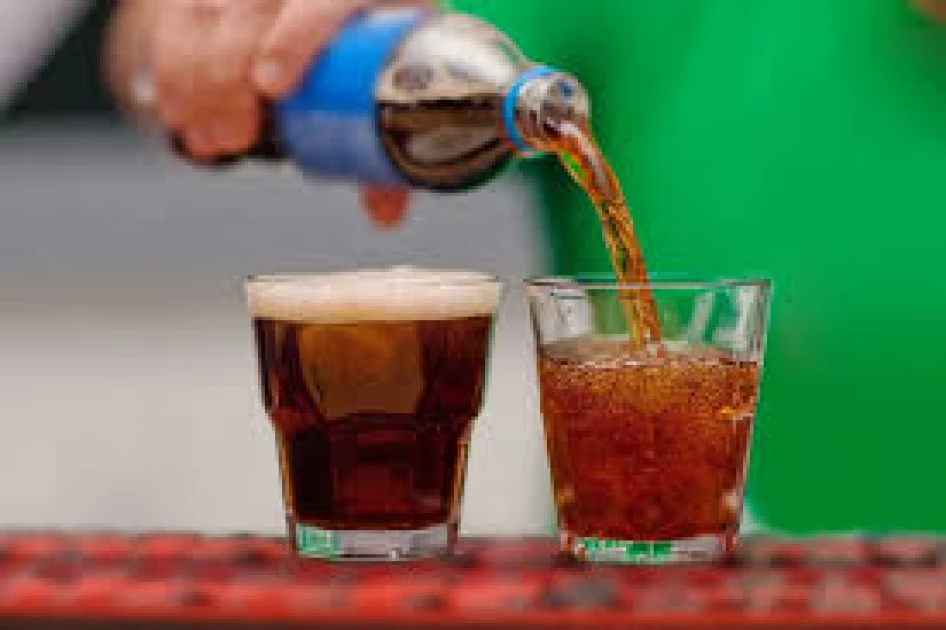Sugary and diet drinks linked to higher risk of liver disease, study reveals

MASLD, formerly known as non-alcoholic fatty liver disease, is one of the world’s most common chronic liver conditions and a leading cause of liver cancer.

Audio By Vocalize
MASLD, formerly known as non-alcoholic fatty liver disease, is one of the world’s most common chronic liver conditions and a leading cause of liver cancer.
The disease, marked by excess fat accumulation in the liver unrelated to alcohol intake, is strongly associated with obesity, type 2 diabetes, high blood pressure, and elevated cholesterol.
It affects more than 30 percent of the global population and is a growing contributor to liver-related deaths.
According to findings shared at the conference, individuals consuming more than 250 grams per day of LNSSBs or SSBs faced a 60 percent and 50 percent higher risk of developing MASLD, respectively.
Over a median follow-up period of 10.3 years, researchers recorded 1,178 cases of MASLD and 108 liver-related deaths.
The study analyzed data from 123,788 participants in the UK Biobank — a large-scale biomedical research project tracking health outcomes among adults in the United Kingdom. Beverage consumption was assessed using repeated 24-hour dietary questionnaires.
Lead author Lihe Liu, a graduate researcher at the Department of Gastroenterology, First Affiliated Hospital of Soochow University in Suzhou, China, said the findings challenge long-held assumptions about diet beverages.
“Our study shows that LNSSBs were actually linked to a higher risk of MASLD, even at modest intake levels such as a single can per day,” Liu explained. “These findings challenge the common perception that these drinks are harmless and highlight the need to reconsider their role in diet and liver health, especially as MASLD emerges as a global health concern.”Liu noted that while the high sugar content in SSBs can elevate blood glucose and insulin levels, promote weight gain, and increase uric acid — contributing to fat buildup in the liver — LNSSBs may have their own risks.
Artificially sweetened beverages can disrupt the gut microbiome, alter satiety signals, heighten sugar cravings, and stimulate insulin secretion.
The research also found that replacing sugary or diet drinks with water could reduce the risk of MASLD by approximately 13 to 15 percent.
“The safest approach is to limit both sugar-sweetened and artificially sweetened drinks,” Liu advised. “Water remains the best choice as it supports metabolic function, prevents fat accumulation in the liver, and keeps the body hydrated.”


Leave a Comment